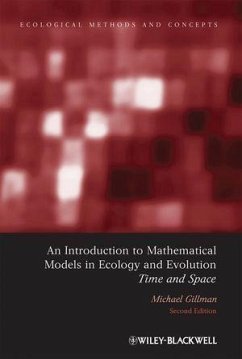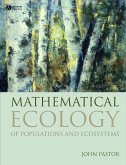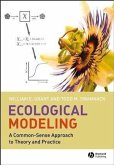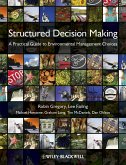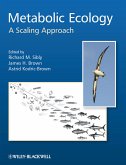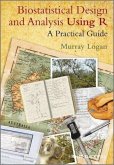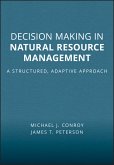Students often find it difficult to grasp fundamental ecological and evolutionary concepts because of their inherently mathematical nature. Likewise, the application of ecological and evolutionary theory often requires a high degree of mathematical competence. This book is a first step to addressing these difficulties, providing a broad introduction to the key methods and underlying concepts of mathematical models in ecology and evolution. The book is intended to serve the needs of undergraduate and postgraduate ecology and evolution students who need to access the mathematical and statistical modelling literature essential to their subjects. The book assumes minimal mathematics and statistics knowledge whilst covering a wide variety of methods, many of which are at the fore-front of ecological and evolutionary research. The book also highlights the applications of modelling to practical problems such as sustainable harvesting and biological control. Key features: * Written clearly and succinctly, requiring minimal in-depth knowledge of mathematics * Introduces students to the use of computer models in both fields of ecology and evolutionary biology * Market - senior undergraduate students and beginning postgraduates in ecology and evolutionary biology
Dieser Download kann aus rechtlichen Gründen nur mit Rechnungsadresse in A, B, BG, CY, CZ, D, DK, EW, E, FIN, F, GR, HR, H, IRL, I, LT, L, LR, M, NL, PL, P, R, S, SLO, SK ausgeliefert werden.
"It deserves the merit of being one of the few books that have actual potential to attract readers that are often frightened by the mere vision of a Greek letter." ( Annals of Botany , September 2009)
"In general, the explanations are clear and the book would be suitable for a modeling section in a year-long, undergraduate, advanced ecology course." (The Quarterly Review of Biology, 1 June 2011)
"Excellent ... .Recommended text book for courses on mathematical modelling in ecology and evolution." (Biological Conservation, April 2010)
"It deserves the merit of being one of the few books that have actual potential to attract readers that are often frightened by the mere vision of a Greek letter." (Annals of Botany, September 2009)
"Contains the most essential information to decrypt the current mathematical literature in ecology. It is presented simply, with applications in mind. It should be of great use." (Experimental Agriculture, 2009)
"This is an academic textbook with a good introduction to mathematical models mainly in ecology but also evolution, intended for advanced undergraduates and postgraduates. The models are well explained and usually easy to follow." (The Naturalist, 2009)
"Excellent ... .Recommended text book for courses on mathematical modelling in ecology and evolution." (Biological Conservation, April 2010)
"It deserves the merit of being one of the few books that have actual potential to attract readers that are often frightened by the mere vision of a Greek letter." (Annals of Botany, September 2009)
"Contains the most essential information to decrypt the current mathematical literature in ecology. It is presented simply, with applications in mind. It should be of great use." (Experimental Agriculture, 2009)
"This is an academic textbook with a good introduction to mathematical models mainly in ecology but also evolution, intended for advanced undergraduates and postgraduates. The models are well explained and usually easy to follow." (The Naturalist, 2009)

